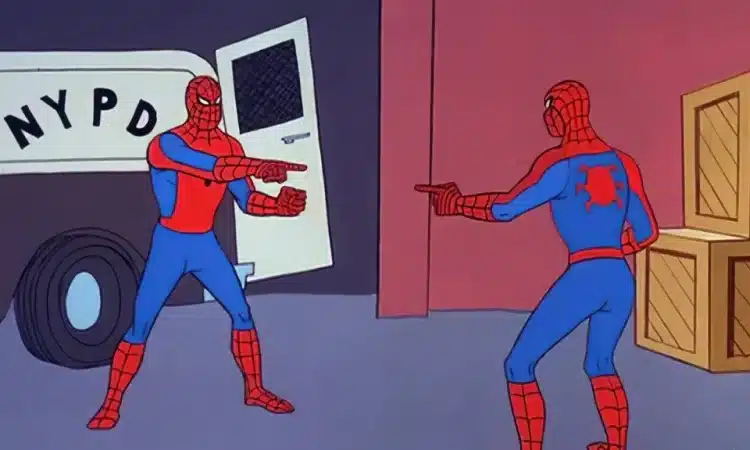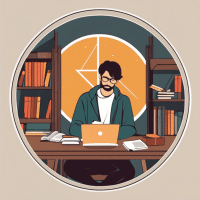
Are Spider-Man’s Parallel Universes fantasy or reality? Let’s see what’s true in Marvel movies.
The latest Spider-Man movie, Spider-Man: Across the Spider-Verseit’s not just a breathtaking and fun adventure. With a plot that intertwines action and humor, the film stands out for its bold approach to the concept of the multiverse. This term, which in the world of science fiction describes the existence of numerous parallel universes, is also a topic that has indeed been addressed by theoretical physicists.
Advertisement
The idea of Parallel Universes
In the film, Spider-Man is not just a hero, but a representative of a complex network of parallel universes, each with its own version of Spider-Man. This idea is not just a narrative device to create a compelling story, but a reflection of real scientific hypotheses that explore the possibility of a multiverse: a cosmic structure in which our universe is just one of many. Although the fictional collider that connects these universes is fictional, the ideas that inspire it have deep roots in modern physics.
In Quantum Mechanics
In quantum mechanics, a particle can exist in a superposition of states until a measurement is made. At that point, the various possible states collapse into one. The “many worlds” interpretation suggests that all possible outcomes of a measurement occur in distinct parallel universeseach with a different version of the observer. This vision, although complex, proposes that reality may be more intricate and varied than we perceive.
The Perspective of Cosmology
Cosmology further expands our understanding through the theory of cosmic inflation. This theory describes a rapid expansion of the in its first moments, which could generate bubble universes that continue to form and expand. Our universe may therefore be just one of many that emerge in this infinite process. The theory of eternal inflation, with its continuous bubble formation, suggests that we may live in one of many possible universes, each with different physical laws and constants.
The Problem of Fine Tuning
One of the main motivations for taking the multiverse seriously is the “fine tuning problem.” Our universe appears to be finely tuned to support life, with optimally “calibrated” physical constants. If there are infinite universes with different physical properties, it is understandable that we find ourselves in one of the few that allow life. This apparent balance could be explained by the multiverse, where our existence in a “habitable” universe is not random, but the result of a wide range of universes with different characteristics.
Methodological Challenges and Testability
One of the main challenges of the multiverse concept is the issue of testability. How can we scientifically confirm the existence of universes outside our own? Some critics argue that the multiverse is not experimentally verifiable and, therefore, cannot be considered scientific. However, there are potential verification methods, such as looking for signatures in the cosmic background radiation that could indicate collisions between bubbles of universes. Furthermore, statistical analysis of physical constants could provide clues to the existence of the multiverse.
What the Scientific Community thinks of the Multiverse
The reaction of the scientific community to the concept of the multiverse is varied. Some scientists are open to the possibility, even if they stick to an empirical approach, while others remain skeptical. However, the debate about the multiverse has become more sophisticated and less polarized, with an increasing openness to discussing the implications of such a theory. The theory of the multiverse stimulates deep reflection on how our universe could be only a part of a much larger and more complex reality.
Whether it’s parallel universes explored in science fiction or theoretical models describing hidden dimensions, the concept of the multiverse continues to spark our imaginations and push us beyond the boundaries of knowledge. The universe, or perhaps universes, may be even more vast, mysterious and fascinating than we can imagine. As Doctor Strange says in a film from the year before“Doctor Strange in the Multiverse of Madness”, «the multiverse is a concept we know frighteningly little about».
In the cover image, a scene taken from a 1960s Spider-Man cartoon, in which one of the two Spider-mans is actually an antagonist disguised as the real superhero (note that the plot of that episode has no nothing to do with the multiverse). Credits: Sony Pictures.
Read more:

